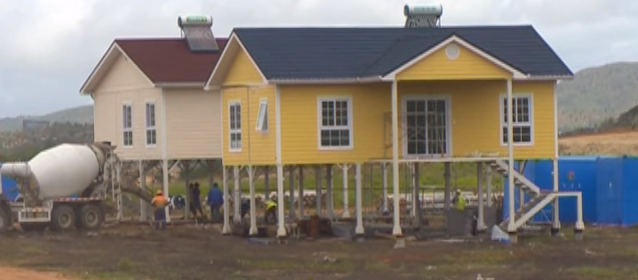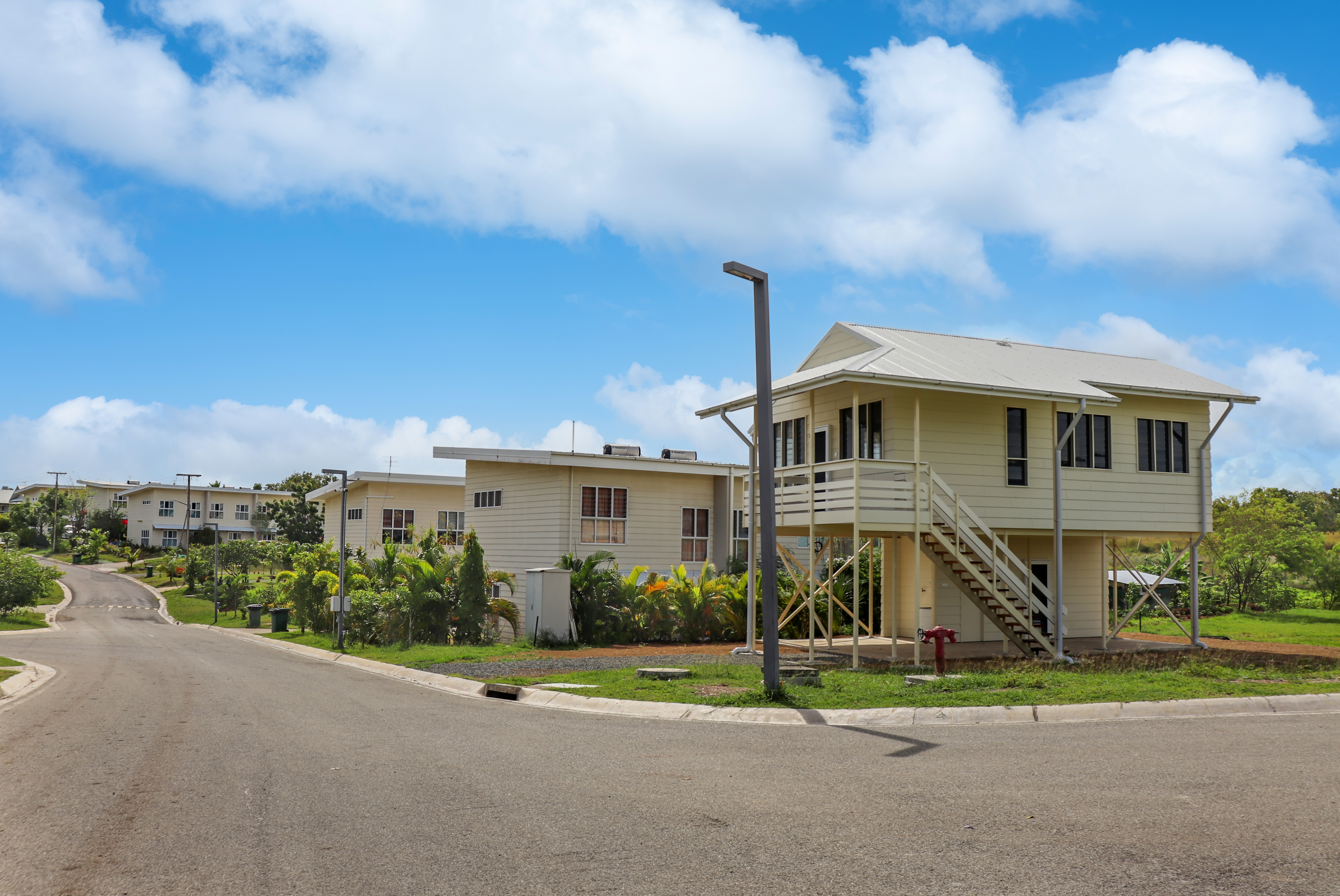Image Source: emtv.com.pg
According to the World Risk Index for 2016, Papua New Guinea is ranked number 10 out of 171 under the list of countries that are “most at risk of disasters”. Factors for arriving at this conclusion involves the evaluation of key elements such as poverty, slum housing, and law enforcement.
In an effort to offset this, the National Housing Corporation commissioned the help of partners like the Shandong Yinjiang Industry Firm from China to launch the Duran Farm housing project, where it hopes to help alleviate the struggle brought about by the inability of many of its citizens to obtain quality housing properties, either due to a lack of supply or a lack of financial flexibility.
More than a Farm
In line with the NHC’s desire to offer citizens better housing options, Shandong Yinjiang Industry aims to build around 100 residential homes or more. These houses will target the needs of middle-class citizens or public servants who are searching for higher quality homes but do not want to break the bank. In a recent interview with EMTV, engineers working on the site said that the homes are built to last up to 100 years. The president of the firm – Rongtian Xu – expounds that the Duran Farm development is a “manifestation of the government’s concern about the people’s welfare, well-being.” And with that kind of mindset, they hope to “create a model of township for PNG.”
More for Less
Being a first-time developer in the Papua New Guinea scene, Rongtian Xu assures that their firm offers the same quality property developments as the ones offered by other modern developers. And all of this without amplifying the sales price or the cost of the project itself. He adds that they offer up to a 70 percent discount for the homes to make it more affordable for citizens.
A house with three bedrooms will only set buyers back K350,000. A four-bedroom house will cost around K400,000. And a five-bedroom house will only cost K450,000. But already included in these packages are the allocated land titles. Chief Secretary, Isaac Lupari, states though that most of the units will be bought by the government so they can encourage public servants to purchase it through the Bank South Pacific loan scheme which can allow them to borrow up to K200 million.
The managing director of NHC, John Dege, states that water and electricity are also already ready to be installed. They are just waiting for the final payment to be released before proceeding.
More to Come
Since they’re already currently doing business inside Papua New Guinea, Shandong Yinjiang Industry is also planning to expand and develop similar housing projects. They are particularly interested in the Morobe province, where they are constantly trying to negotiate a mutually beneficial deal with the local government.
If successful with their partnership, the NHC, the Shandong Yinjiang Industry, and the other developers who are currently involved in this project can potentially be the pioneers of what could be a great shift in the housing landscape of the country.




Comments